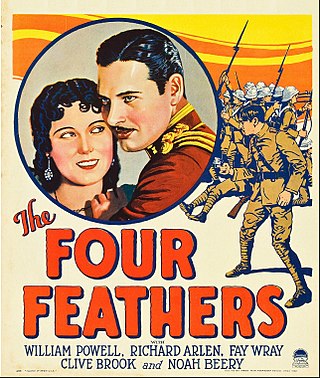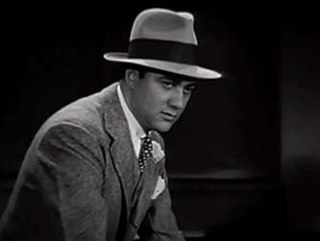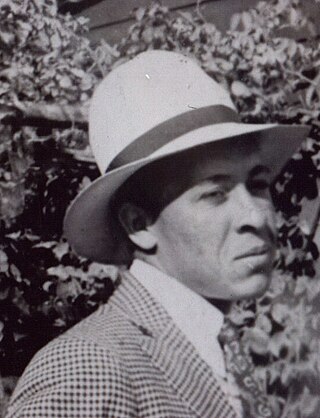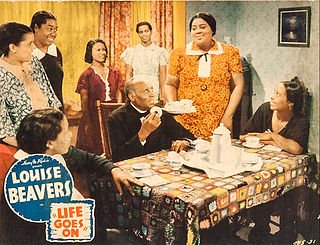
Susan P. Stroman is an American theatre director, choreographer, and performer. Her notable theater productions include Oklahoma!, The Music Man, Crazy for You, Contact, The Producers, The Frogs, The Scottsboro Boys, Bullets Over Broadway, POTUS: Or, Behind Every Great Dumbass Are Seven Women Trying to Keep Him Alive, and New York, New York.

Pert L. Kelton was an American stage, movie, radio, and television actress. She was the original Alice Kramden in The Honeymooners with Jackie Gleason. During the 1930s, she was a prominent comedic supporting and leading actress in Hollywood films such as Gregory La Cava's Bed of Roses with Constance Bennett and Raoul Walsh's The Bowery with Wallace Beery and George Raft. She performed in a dozen Broadway productions between 1925 and 1968. Most famously, she created the role of 'Mrs. Paroo' in the original production of the musical The Music Man, which she reprised in the movie adaptation. In the early 1950s, her career was interrupted as a result of Hollywood blacklisting, leading to her departure from The Honeymooners.

The Duke Is Tops is a 1938 American musical film released by Million Dollar Productions and directed by William Nolte. The film was later released in 1944 under the title The Bronze Venus. It features top-billed Lena Horne in her film debut, along with Ralph Cooper. The film was one of the low-budget musical film "race movies" made in the 1930s and 1940s for the African-American market. The casts and production teams of these films were almost all black, and the music reflected current tastes in jazz and rhythm and blues.
Am I Guilty? is a 1940 American film directed by Samuel Neufeld for the Supreme Pictures Corporation. The film's producer A. W. Hackel, who had founded Supreme Pictures, planned a series of films featuring black casts, but Am I Guilty? was the only one to be released. The screenplay was cowritten by Earle Snell and George Wallace Sayre based on a story by Sherman Lowe.

Harlem on the Prairie (1937) is an American race movie, billed as the first "all-colored" Western musical. The movie reminded audiences that there were black cowboys and corrected a popular Hollywood image of an all-white Old West.

Harry C. Myers was an American film actor and director, sometimes credited as Henry Myers. He performed in many short comedy films with his wife Rosemary Theby. Myers appeared in 330 films between 1908 and 1939, and directed more than 50 films between 1913 and 1917.

Footsteps in the Dark is a 1941 American comedy mystery film directed by Lloyd Bacon and starring Errol Flynn, Brenda Marshall and Ralph Bellamy. It was produced and distributed by Warner Bros. Flynn plays a novelist and amateur detective investigating a murder. It takes its title from the 1935 play Footsteps in the Dark by Ladislas Fodor and also used material from the 1937 play Blondie White by Jeffrey Dell.

The Four Feathers is a 1929 American sound war film directed by Merian C. Cooper and starring William Powell, Richard Arlen, Clive Brook and Fay Wray. This was the third of numerous film versions of the 1902 novel The Four Feathers written by A. E. W. Mason. While the film has no audible dialog, it was released with a synchronized musical score with sound effects using both the sound-on-disc and sound-on-film process. The 1929 version of The Four Feathers premiered at the Criterion Theatre in New York City on June 12, 1929.

Ralph Cooper, was an American actor, screenwriter, dancer and choreographer. Cooper is best known as the original master of ceremonies and founder of amateur night at the Apollo Theater in Harlem, New York City, in 1935. He wrote, produced, directed and acted in ten motion pictures. Titles include The Duke Is Tops, Dark Manhattan, Gangsters on the Loose and Gang War. Because of his debonair good looks, he was known as "dark Gable" in the 1930s.

New Faces of 1937 is a 1937 American musical film directed by Leigh Jason and starring Joe Penner, Milton Berle and Harriet Hilliard. Its plot is similar to The Producers (1968). Intended as the first film of an annual RKO Pictures revue series, poor reception ended plans for future productions.

Jess Lee Brooks, also known as Jesse Brooks, was an American bass-baritone concert artist, and a film and stage actor. He played an African-American church preacher in the motion picture Sullivan's Travels, where he leads his congregation in singing "Go Down Moses".
Margaret Elizabeth Ellison is an American film producer, entrepreneur, and daughter of multibillionaire Larry Ellison. She is the founder of Annapurna Pictures, established in 2011. She produced the films Zero Dark Thirty (2012), Her (2013), American Hustle (2013), and Phantom Thread (2017), all of which have earned her Oscar nominations. In 2014, Ellison was included in the annual Time 100 list of the most influential people in the world. She also received a Tony Award for Best Musical as a producer for the musical A Strange Loop.

Boy Meets Girl is a 1938 American screwball comedy film directed by Lloyd Bacon and starring James Cagney and Pat O'Brien. The supporting cast features Marie Wilson, Ralph Bellamy, Frank McHugh, Dick Foran and Ronald Reagan. The screenplay by Bella and Sam Spewack is based on their 1935 stage play of the same name, which ran for 669 performances on Broadway. The two zany screenwriters played by Cagney and O'Brien were based on Ben Hecht and Charles MacArthur, while Ralph Bellamy's part as the producer was based on Darryl Zanuck of 20th Century Fox.
The Playhouse Theatre was a Broadway theater at 137 West 48th Street in midtown Manhattan, New York City. Charles A. Rich was the architect. It was built in 1911 for producer William A. Brady who also owned the nearby 48th Street Theatre. After 1944, it was sold to the Shubert Organization. From 1949 to 1952, it was an ABC Radio studio.

Clarence Ahart Brooks (1896–1969) was an American actor. He appeared in numerous films including in starring roles. With Noble Johnson and James Thomas Smith he formed Lincoln Motion Picture Company in 1916. He starred in the 1921 film By Right of Birth.

African American cinema is loosely classified as films made by, for, or about Black Americans. Historically, African American films have been made with African-American casts and marketed to African-American audiences. The production team and director were sometimes also African American. More recently, Black films featuring multicultural casts aimed at multicultural audiences have also included American Blackness as an essential aspect of the storyline.
George Randol (1895–1973) was an actor, screenwriter, director, and producer of films in the United States. In 1938 he was honored as an influential film executive in a newspaper writeup of the "Negro" film industry.

Million Dollar Productions was a movie studio in the United States active from 1937 until 1940. It was established to produce films with African American casts. It was a partnership between Harry M. Popkin, Leo C. Popkin and Ralph Cooper.
Bargain with Bullets is a 1937 American film. The first film produced by Million Dollar Productions, it features an African American cast of actors and performers. The gangster film is about the Harlem underworld. It was described as the first Hollywood "all-Negro" film. The film features several musical performances.
Am I Guilty? is a 1940 American film directed by Samuel Neufeld for the Supreme Pictures Corporation. The film's producer A. W. Hackel, who had founded Supreme Pictures, planned a series of films featuring black casts, but Am I Guilty? was the only one to be released. The screenplay was cowritten by Earle Snell and George Wallace Sayre based on a story by Sherman Lowe.














